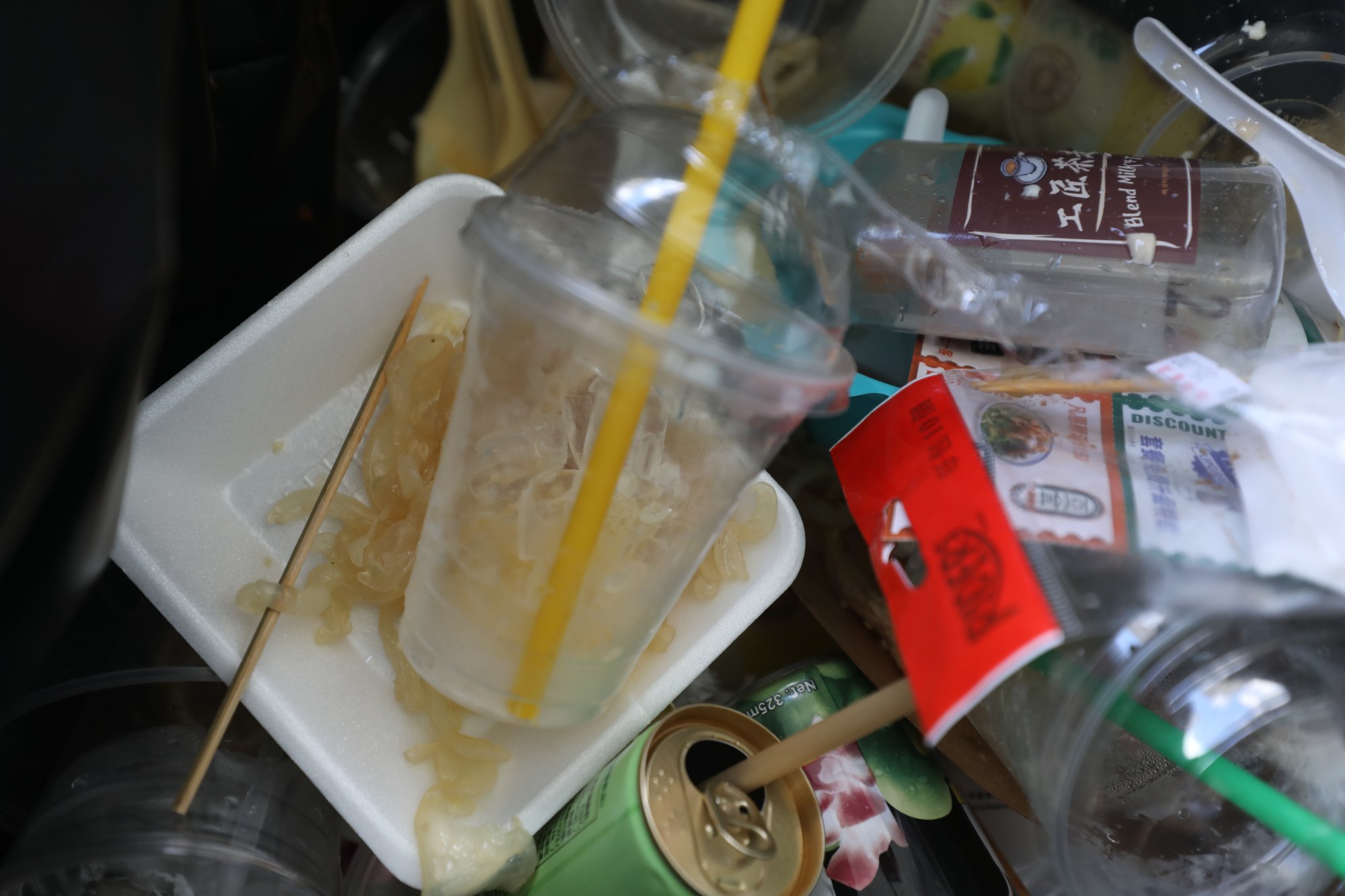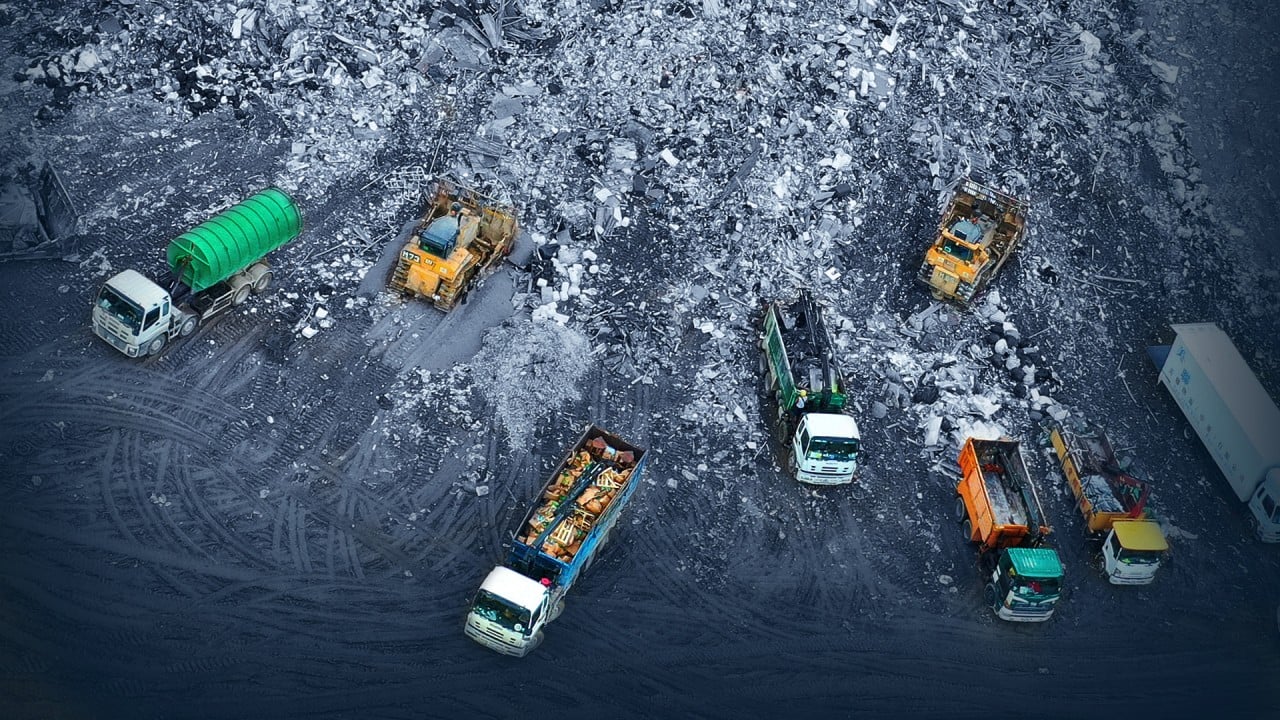
How Hong Kong can win its war on plastic waste and revive ailing recycling industry
- New Life Plastics ceasing operations because of a lack of plastic bottles shows how far Hong Kong has to go in promoting recycling
- Reducing use, providing better incentives to recycle, and making recycling easier for everyone will help the city do its part to save the environment
It’s past time for the Hong Kong government to rethink its strategy in reducing plastic use and increasing the amount recycled.
Its business operations were not financially viable because the plastic bottle recycle rate in Hong Kong is absurdly low. In 2019, less than 1 per cent of PET plastic bottles were recycled. Consequently, about 121 tonnes of recyclable plastic ended up in a landfill on a daily basis.
In 2021, San Francisco International Airport introduced its plastic-free policy to prohibit the sale of products in plastic bottles. Since last year, all newly built public schools in California must provide water refilling stations so people can fill their own aluminium or glass bottles.
Currently, there is no financial incentive to send plastic bottles to processing plants. A 2020 investigation found that nearly two-thirds of housing estates surveyed were sending plastic bottles collected in recycling bins to landfills.
A deposit-return scheme is a must, but 10 HK cents is too low. The Global Deposit Book 2022 suggests that a minimum deposit of 7 to 9 US cents, or about 55 to 70 HK cents, is needed to provide enough incentive to achieve a median return rate of 75 per cent.

Third, Hong Kong must create enough collection points and reverse vending machines across the city to create consumer awareness and participation. Given that there are around 2,000 drinks vending machines in Hong Kong, installing reverse vending machines next to them could help consumers make plastic bottle recycling a habit.
Hong Kong also needs more recycling bins to make it easier for people to recycle plastic bottles, and better public education and awareness on recycling, such as reminding consumes to rinse bottles before returning them.
It is challenging to change consumer habits, but the government can develop policies that nudge the public to save our environment as a community. We must do our part to save the Earth before it is too late.
Christopher Tang is a distinguished professor at the UCLA Anderson School of Management


